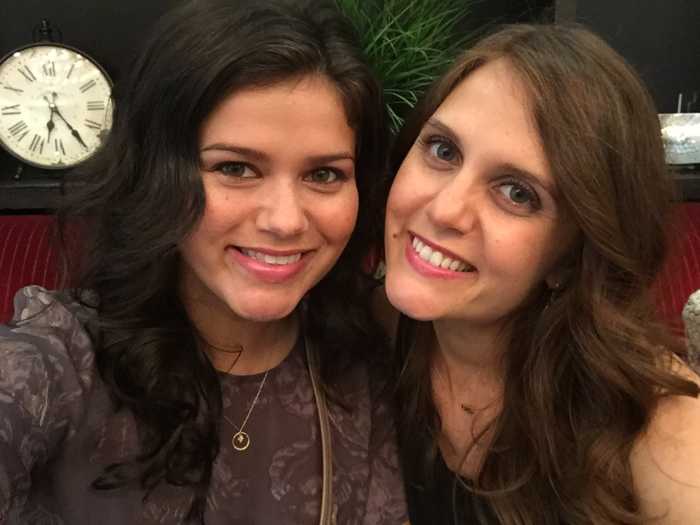There’s no reason why Brooklynites have to die from cancer, according to a health advocate.
Sally Cooper, head of the American Cancer Society’s Brooklyn division, attended a recent meeting of Community Board 13 at Coney Island Hospital to discuss the organization’s efforts to prevent cancer and assist people suffering from the disease.
“We don’t want anyone to be alone with cancer,” Cooper said. “We are the only cancer service organization for people coping with cancer in Brooklyn.”
Brooklynites without heath insurance are at particular risk for developing cancer.
“About 25 percent of Brooklyn has no health insurance. Not having health insurance doubles your chances of having cancer,” Cooper explained. “We need to radically restructure health care in this country so everyone gets it.”
The leading forms of cancer killing Brooklynites include lung, breast and colon cancers, according to city records.
The city Health Department has launched several campaigns to curb smoking. The latest, unveiled on September 22, includes a line of matchbooks featuring photos showing the health effects of smoking. One book contains an image of stained teeth produced by gum disease and the line, “Cigarettes are eating you alive.”
“Throat cancer, gum disease, blackened lungs – these are the realities of smoking,” said city Health Commissioner Dr. Thomas R. Frieden. “Many countries put these images right on the cigarette pack, where they belong. While the U.S. hasn’t done this yet – and New York City is pre-empted from requiring cigarette package labels – we are putting these images where New Yorkers buy cigarettes, just before they light up, in the hope they’ll think twice about the decision to continue smoking.”
Breast cancer remains prominent in Brooklyn.
The city’s Health and Hospitals Corporation (HHC) offers mammograms for free or at little cost. For a list of sites providing the service, contact 311 or log onto HHC’s website, www.nyc.gov/hhc.
“We run programs for free mammograms,” Cooper added.
The city Health Department recommends that “women ages 40 and older get a mammogram every 1-2 years. Women with a family history of breast cancer should seek expert medical advice about whether to begin screening before 40 years of age and how often to get screened. Screening mammography is an important way to identify potential cancers at an earlier stage and has been shown to reduce deaths from breast cancer.”
Colon cancer remains a leading killer of Brooklynites. The best prevention is early testing.
A colonoscopy can detect more than 95 percent of early colon cancer cases. Health officials say the procedure is safe and painless. If a polyp, a usually nonmalignant growth, is found during the procedure, a doctor can remove it right then and there, preventing it from developing into cancer, officials say.
A colonoscopy is recommended for people who are 50 years of age or older. People with a family history of colon cancer are encouraged to have a colonoscopy before age 50.
Several Brooklyn hospitals offer free colonoscopies. For details about eligibility, contact 311.
For more information about cancer prevention or the American Cancer Society’s free services and support programs, visit the organization’s website, www.cancer.org.






















